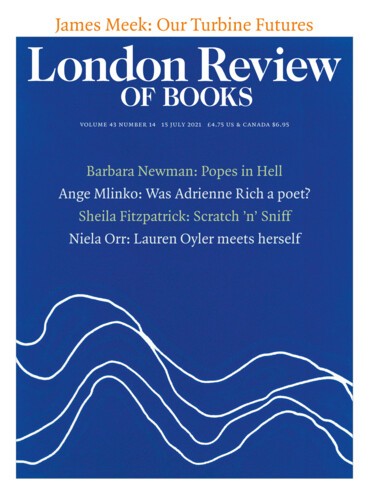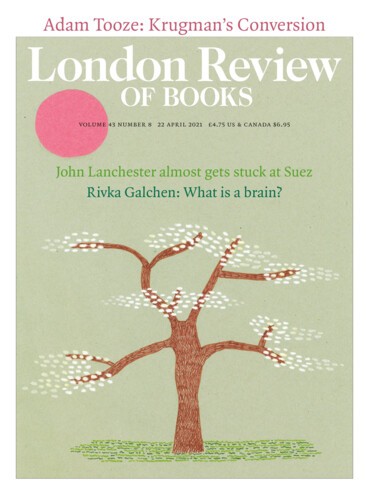Did I invade? Do you exist?
James Meek, 6 January 2022
It’s striking how many times, in the past few months, Putin has been accused of being behind the transport of migrants from the Middle East to the borders of the EU through Belarus, and, separately, of being about to invade Ukraine, and, separately, of manipulating gas supplies to Europe; it’s also striking how few times the commentators consider what it would mean for all these accusations to be true. It’s quite possible they are, but this implies a greater degree of uncertainty and contradiction within the Kremlin than we’ve been comfortable imagining in the late Putin era. Let’s suppose Putin did help enable, or green-lighted, the cruel wheeze by Lukashenko to lure migrants to Belarus with the promise of transit over the border to Poland. Perhaps the cash-strapped, sanctioned Lukashenko had hopes of getting leverage over Berlin, but what would have been in it for Russia? If Putin and Lukashenko meant to turn the peoples of the EU against their leaders, it was a weak as well as a vicious way to go about it.





